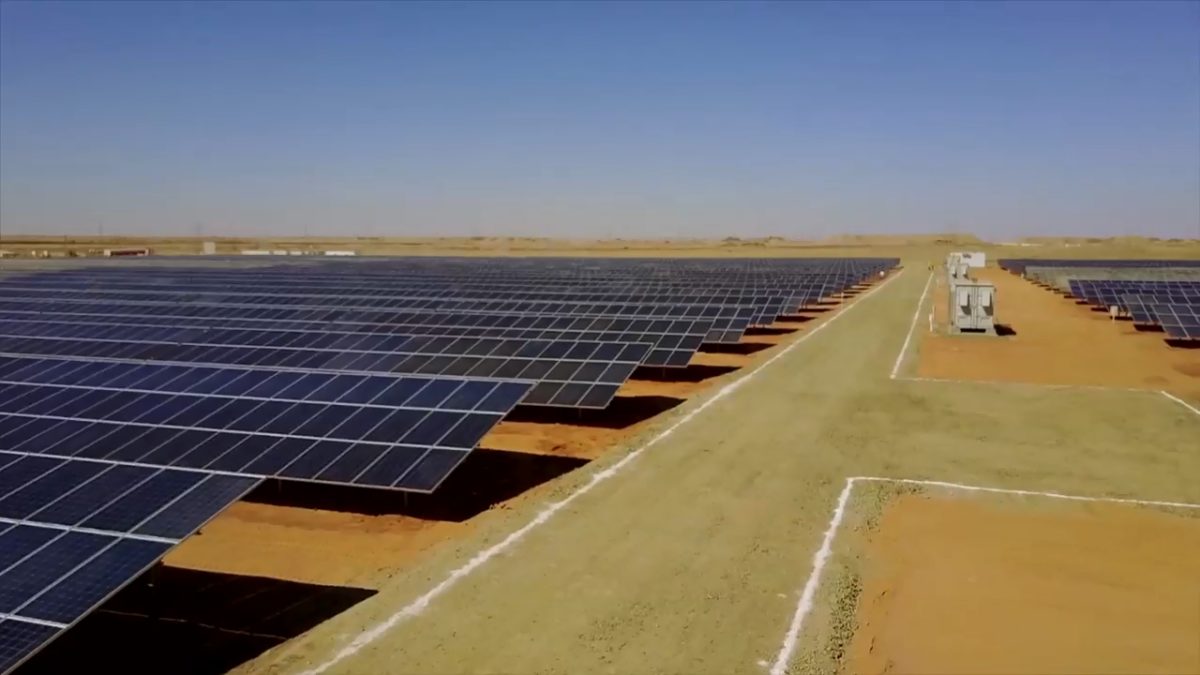The European Bank for Reconstruction and Development (EBRD) has issued a statement calling for a “step change” in investments, claiming that renewables are now often, the cheapest source of energy, due to significant cost reductions.
It was issued in the run-up to the Financial Times Climate Finance Summit, scheduled for October 9 in London, the United Kingdom. The EBRD says it will participate in the event to promote renewable energy investments in the 38 emerging markets it is active in.
Harry Boyd-Carpenter, EBRD director, head of power and energy utilities, and Xeniya Rogan, principal banker for the energy sector in Central Asia, will speak at the event about the necessary regulatory and network infrastructure investments required to integrate more renewable energy resources into the energy systems.
According to the statement, Egypt and Jordan have made relevant policy changes, which, in conjunction with EBRD assistance, have led to an 85% reduction in prices. Reportedly, this has pushed the price for renewables down below US$0.025/kWh, making it cheaper than gas generation.
At the summit, Boyd-Carpenter is set to tell attendees, “The EBRD believes that two key steps to reduce greenhouse gas emissions are to increase the use of electricity and to produce most of this electricity from renewable sources. The Bank believes that renewable energy markets in many of the countries where it invests have reached a stage where the introduction of competitive auctions will lead both to a steep drop in electricity prices and an increase in investment.”
Reportedly, the bank has committed €26 billion to ‘Green Economy Transition’ projects since 2006, of which €6.3 billion went to renewable energy.
Recent reports by DNV GL and the IPCC, highlight that large-scale investments in energy infrastructure are necessary to meet the 2°C or 1.5°C global warming target. On a global scale, this would amount to $2 trillion to $3 trillion, or around 3% of the global GDP by 2050. Both reports highlight that this is a manageable sum, however, as conventional energy systems also require multi-trillion investments.
Additionally, they say that while initial Capex for renewables is higher, one has to consider that Opex is much lower, because fuel costs are wholly omitted. Therefore, the overall costs for a global energy transition do not burden global GDP more, or significantly more, than maintaining the status quo.
EBRD’s statement, the FT Climate Finance Summit, and the abovementioned reports by the IPCC and DNV GL have been released ahead of COP24, scheduled to be held in Katowice, Poland, this December.
This content is protected by copyright and may not be reused. If you want to cooperate with us and would like to reuse some of our content, please contact: editors@pv-magazine.com.




2 comments
By submitting this form you agree to pv magazine using your data for the purposes of publishing your comment.
Your personal data will only be disclosed or otherwise transmitted to third parties for the purposes of spam filtering or if this is necessary for technical maintenance of the website. Any other transfer to third parties will not take place unless this is justified on the basis of applicable data protection regulations or if pv magazine is legally obliged to do so.
You may revoke this consent at any time with effect for the future, in which case your personal data will be deleted immediately. Otherwise, your data will be deleted if pv magazine has processed your request or the purpose of data storage is fulfilled.
Further information on data privacy can be found in our Data Protection Policy.